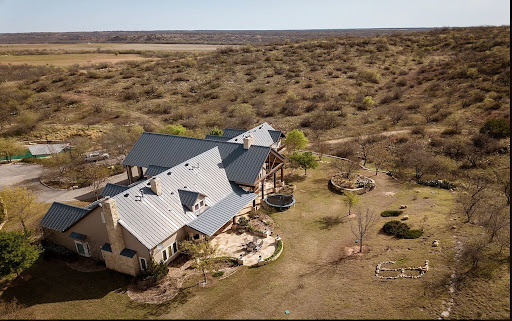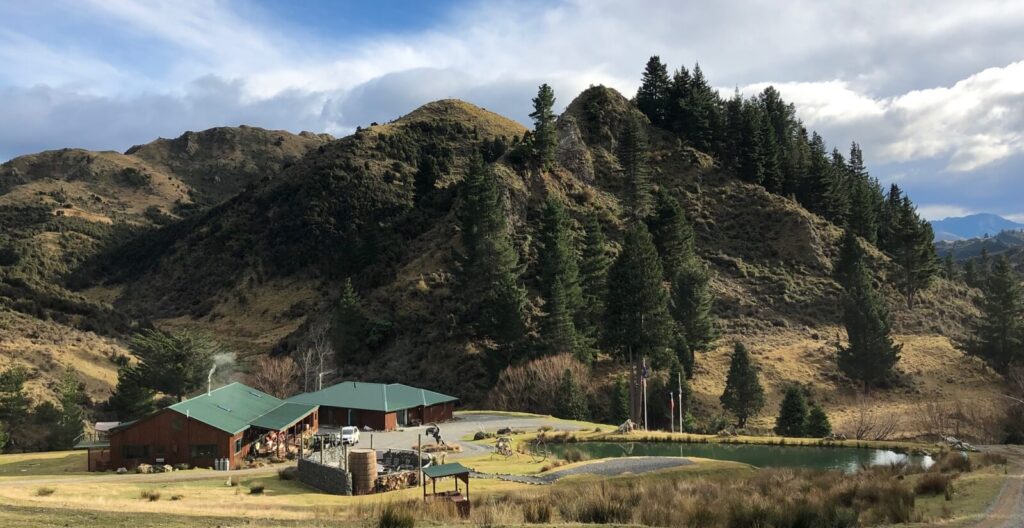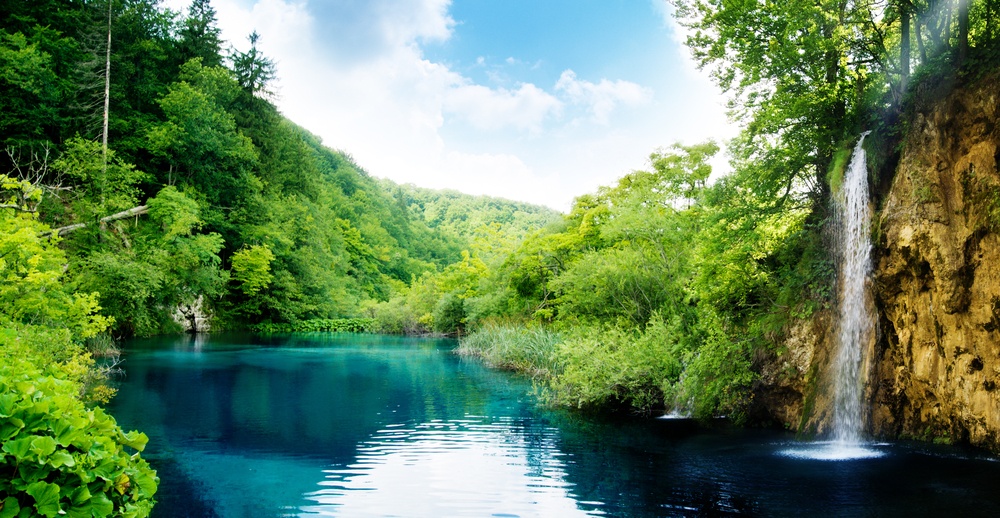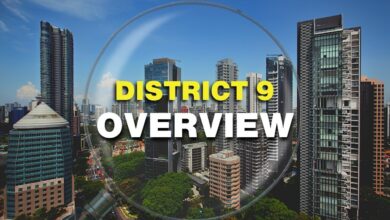5 Tips for Choosing & Buying a Hunting Ranch

Passionate hunters are exposed to challenges of finding an adequate hunting place, now more than ever. One of the reasons is because more and more people are turning to buy their land, privatizing all the good hunting places. The times when you could rely on someone’s goodwill and simply ask for permission to hunt are over, as well. Nowadays you only have three possibilities – to join a hunting club, find a property and lease it for a period, or decide to become a property owner yourself.
Yes, there are probably a couple of people who would let you hunt on their land if you ask, but relying on this is not a good idea. They are slowly, but surely becoming a rarity.
As for leasing, the advantage would be that you cannot or do not want to buy a property, therefore you choose this option. And it satisfies your needs – you have a place to hunt. However, there are a couple of scenarios that can surprise you, and not so presently. Let’s take a look at what can happen…
Scenario no. 1 is that you lease land without that much hunting quality, and you end up disappointed. When the contract ends, you realize the hunting was not as productive as you’ve expected.
Scenario no. 2 you lease a great piece of land, spend quite a lot of money on it upgrading it to be even better. The hunting goes great, you’re enjoying yourself, but the owner decides to lase to someone who offers more money than you can afford. In the end, you’ve wasted more money than you should.
All of this clearly shows it is way smarter to find a good piece of hunting property and buy it. This is the only way to handle things your way, and if you’ve experienced what has been described in these scenarios, you’ve probably had too much and decided to become an owner. After all, it will be your property, you can adjust it the way you want to, based on what you expect from it.
That’s why we’ve assembled a guide aiming to give you useful tips on how to choose what to buy when it comes to hunting ranches. Let’s start with the basics.
1. Decide on a suitable location

If you’re thinking about buying a ranch, then you must be an experienced hunter, already knowing what you like to hunt for, when it comes to the type of game, for instance. This is the primary factor based on which you will be led to a suitable location. Plus, you probably have a picture in your mind of how you would like the ranch to look like – a vision. Will be totally secluded in the mountains, or will have a quick connection to the nearest town? These are all things that will help you narrow down your choice and create expectations.
2. Find a suitable selling agent
This may be the most important point, since agents can deal with all the boring things like paperwork, location details, for you. Ideally, you want one who has the biggest offer of ranches located in your place of preference. For example, if it’s the Rockies, go for Harrigan Land since they have the widest offer for different hunting activities.
Even if you don’t have the expectations yet, talk to an agent and they will help you figure it all out. At the end of the day, searching for a property, contacting owners, and visiting all available places really is time-consuming when you’re handling it yourself. If help is available, use it.
3. Setting a budget

Another thing that will help and your agent narrow down the choice is the budget. Based on how much you are able to allocate for a ranch; they will know what to offer.
Money talks are the most important, and one should always be very open about how much he’s willing to spend. It’s even more important not to go over what is realistic and cause some unpleasant situations with family members, for example.
4. Property Accessibility
When buying a piece of land for such purposes, you want to know about its accessibility. Things like this can make you rethink your choice, and go for plan B. By accessibility, we mean all the ways you are able to approach your future ranch. So, you want to know about the roads leading towards it, what condition are they in (how will you cope when the snow sets in, for instance). Based on this you will know what kind of vehicles to use on it and to access it – will you need a pickup truck or some other vehicle, will you need additional machinery to maintain the land, etc.
Another thing that can happen is that your property is in the middle of an agricultural area (surrounded by crops). This implies you’ll have to go talk to your neighbors and agree on how you can access. Some properties may require you to build a road yourself, which can be a process and a project of its own.
Accessibility is often something buyers are not considering until it’s too late. Plus, it can have devastating effects on your budget, if you need to build access roads yourself.
5. Ecosystem

Giving all the things that are happening globally, when it comes to the environment before you buy you want to know how healthy is the ecosystem, you’re hunting in. If you have waters, are they polluted or not? At times, they are used for irrigation, and water used in the fields can return polluted with pesticides, harming the water life. If you like fly fishing, you should investigate this before buying.
With these five useful tips, we have covered the most important points that apply to all hunters, regardless if they are seasonal, or like to perform this activity all year long.
The final tip, however, is to think well before buying. Don’t just rush. These ranches are usually huge, and as an owner, you’ll have a lot to take care of.



